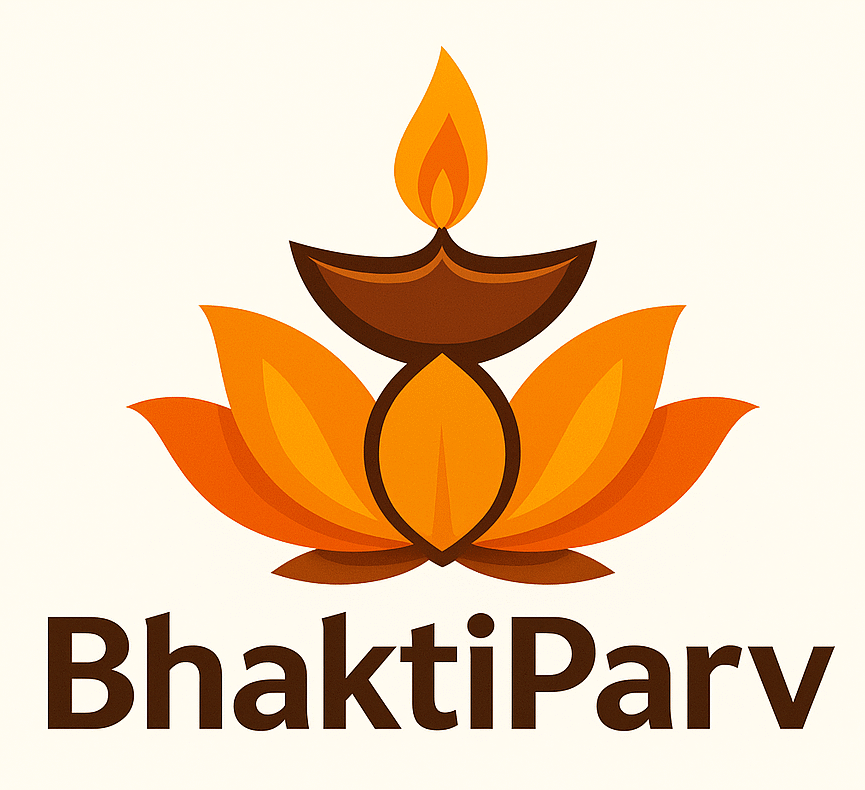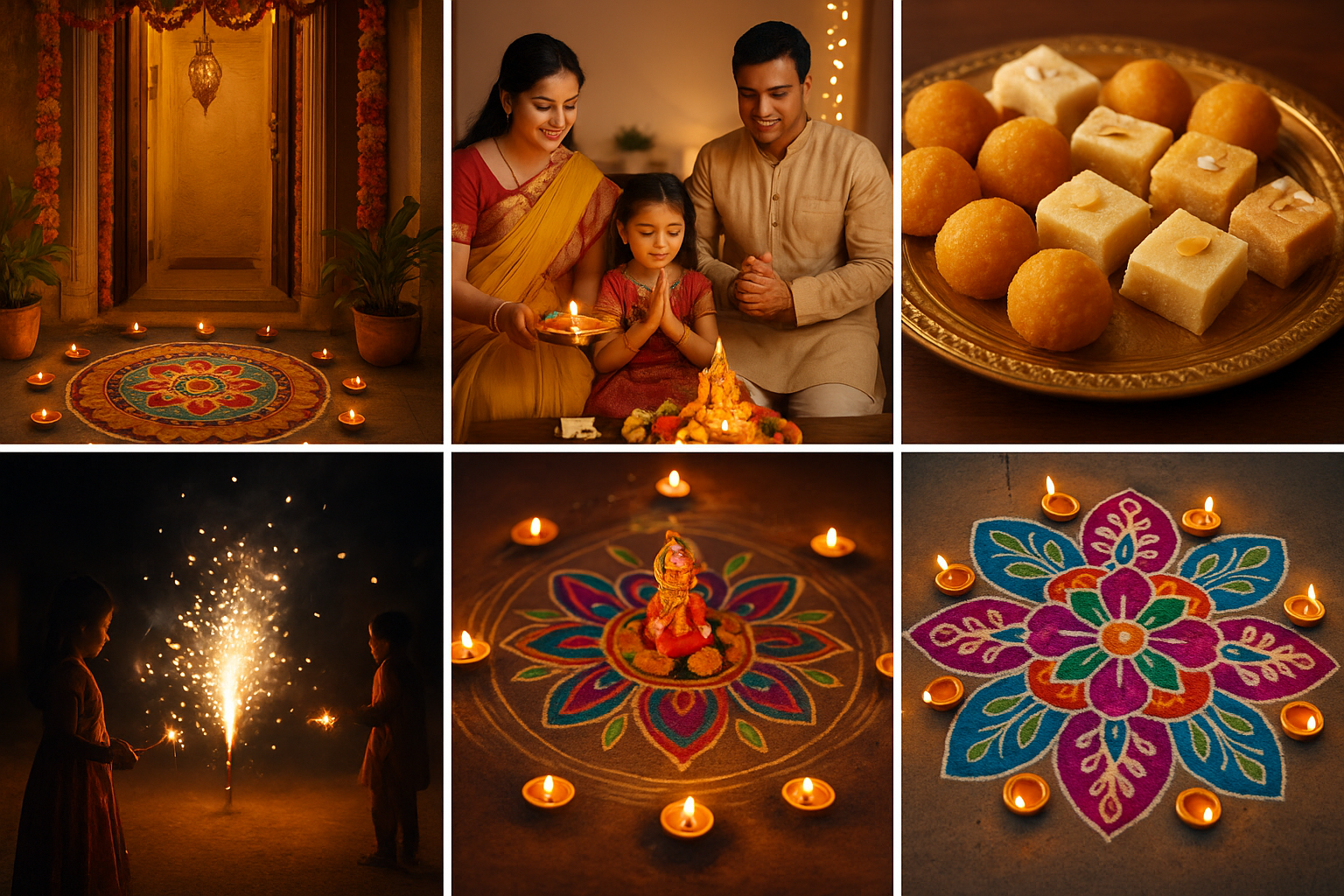Introduction
Diwali, also known as the Festival of Lights, is one of the most widely celebrated festivals in India. It symbolizes the victory of good over evil, light over darkness, and knowledge over ignorance. Families across India celebrate Diwali with devotion, joy, and vibrant festivities.
In this article, we will explore how Diwali is celebrated, its traditions, rituals, regional variations, and the cultural significance of this festival in India.
Diwali 2025 Date and Time
Diwali 2025 will be celebrated on November 1, 2025.
🕉️ Puja Muhurat / Time: 6:30 PM – 9:00 PM
📿 Tithi Begins: 2:00 PM
🌙 Tithi Ends: 9:30 PM
History and Origin of Diwali
The celebration of Diwali is rooted in Hindu mythology and tradition. According to the Ramayana, Lord Rama returned to Ayodhya after defeating the demon king Ravana. To welcome him, the citizens lit rows of lamps, marking the origin of the Festival of Lights.
Another legend is associated with Goddess Lakshmi, who emerged during the churning of the ocean (Samudra Manthan). She is worshipped for prosperity and well-being during Diwali.
This festival serves as a reminder that goodness and devotion always triumph over evil.
Spiritual Significance of Diwali
Diwali represents purity, prosperity, and spiritual awakening. Devotees perform Lakshmi Puja to invite blessings of wealth, happiness, and health.
It is also a time to reflect on personal growth, family unity, and community bonding. By celebrating Diwali, people embrace values like kindness, honesty, and devotion.
How Diwali is Celebrated
Diwali celebrations involve a combination of rituals, social gatherings, and festive activities.
Main Highlights:
- Cleaning and decorating homes with diyas, rangoli, and lights
- Preparing and sharing sweets like laddoos, barfis, and other traditional dishes
- Performing Lakshmi Puja and chanting sacred mantras
- Family gatherings and exchanging gifts
- Lighting fireworks in the evening to celebrate the victory of light over darkness
Rituals and Puja Vidhi
On Diwali, devotees perform rituals including:
- Lakshmi Puja at homes or temples
- Chanting mantras and prayers
- Offering sweets, fruits, and flowers to deities
- Lighting oil lamps (diyas) to bring positive energy and blessings
These rituals are symbolic of prosperity, spiritual connection, and purification.
Regional Celebrations
- North India: Focuses on Lakshmi Puja and fireworks, with homes beautifully illuminated.
- South India: Celebrates Naraka Chaturdashi, honoring Lord Krishna’s victory over the demon Narakasura.
- West Bengal: Devotees celebrate Kali Puja, worshipping Goddess Kali.
- Maharashtra: Diwali coincides with New Year festivities, including family gatherings and exchanging sweets.
Cultural and Spiritual Message
Diwali reminds us that light always triumphs over darkness. It inspires people to eradicate negativity, embrace goodness, and follow righteousness. The festival encourages inner reflection, peace, and community harmony.
Final Thought
Diwali is not just a festival of lights; it is a celebration of culture, devotion, and family unity. By performing rituals, sharing joy, and spreading positivity, Diwali reminds us of the eternal victory of good over evil. Celebrate Diwali 2025 with love, devotion, and happiness, and may Goddess Lakshmi bless everyone with peace and prosperity.
FAQ Section
Q1: When is Diwali celebrated?
A1: Diwali is celebrated according to the Hindu lunar calendar, and in 2025 it falls on November 1.
Q2: How is Diwali celebrated?
A2: People decorate homes, perform Lakshmi Puja, prepare sweets, light diyas, burst fireworks, and gather with family and friends.
Q3: Which Goddess is worshipped during Diwali?
A3: Goddess Lakshmi, the goddess of wealth and prosperity, is worshipped during Diwali.
Q4: Are there regional differences in Diwali celebrations?
A4: Yes, North India focuses on Lakshmi Puja and fireworks, South India celebrates Naraka Chaturdashi, West Bengal celebrates Kali Puja, and Maharashtra includes New Year festivities.

